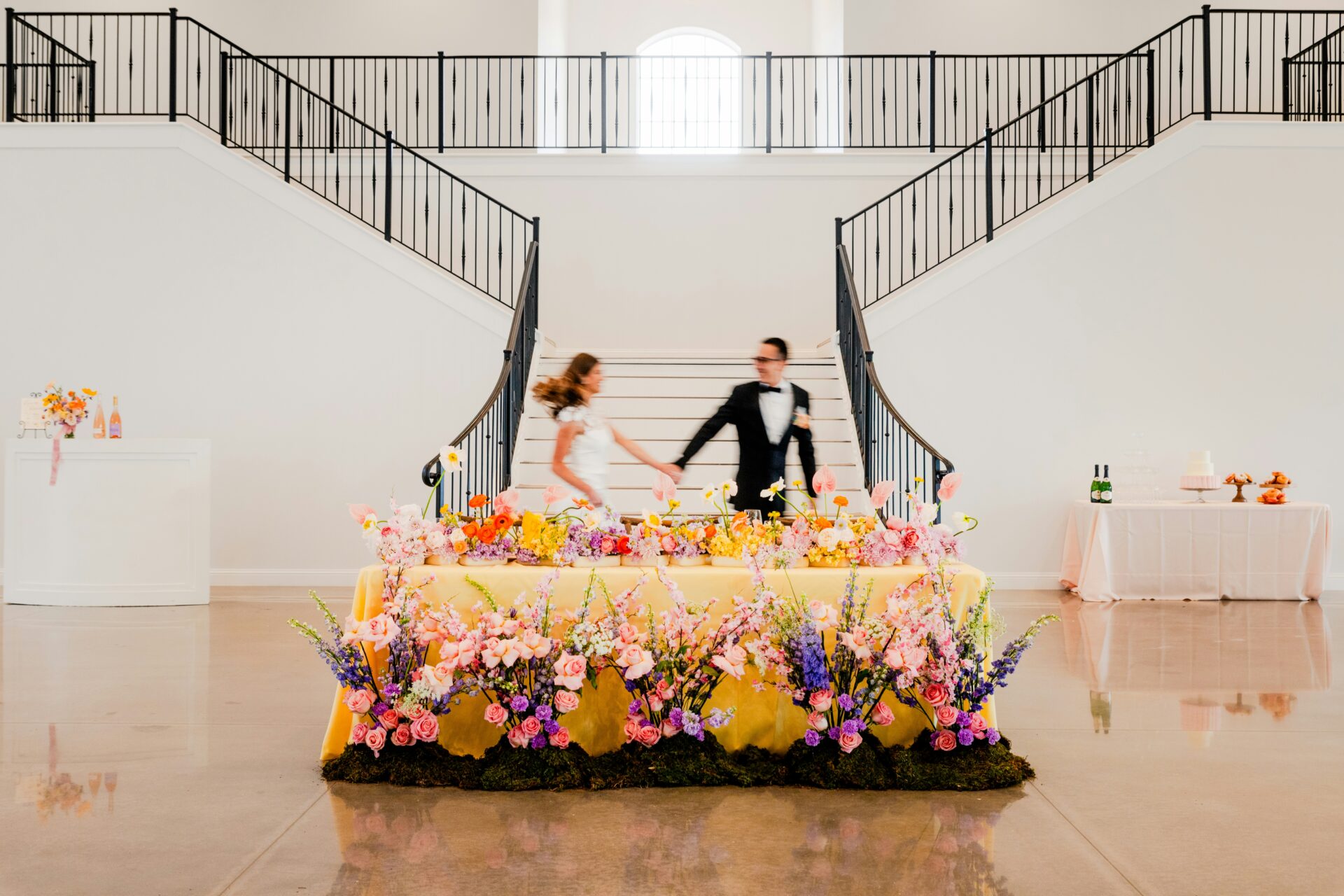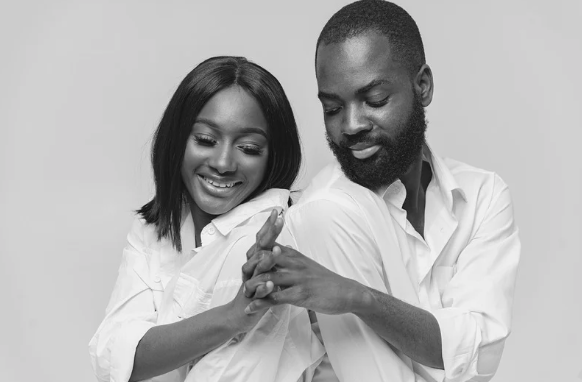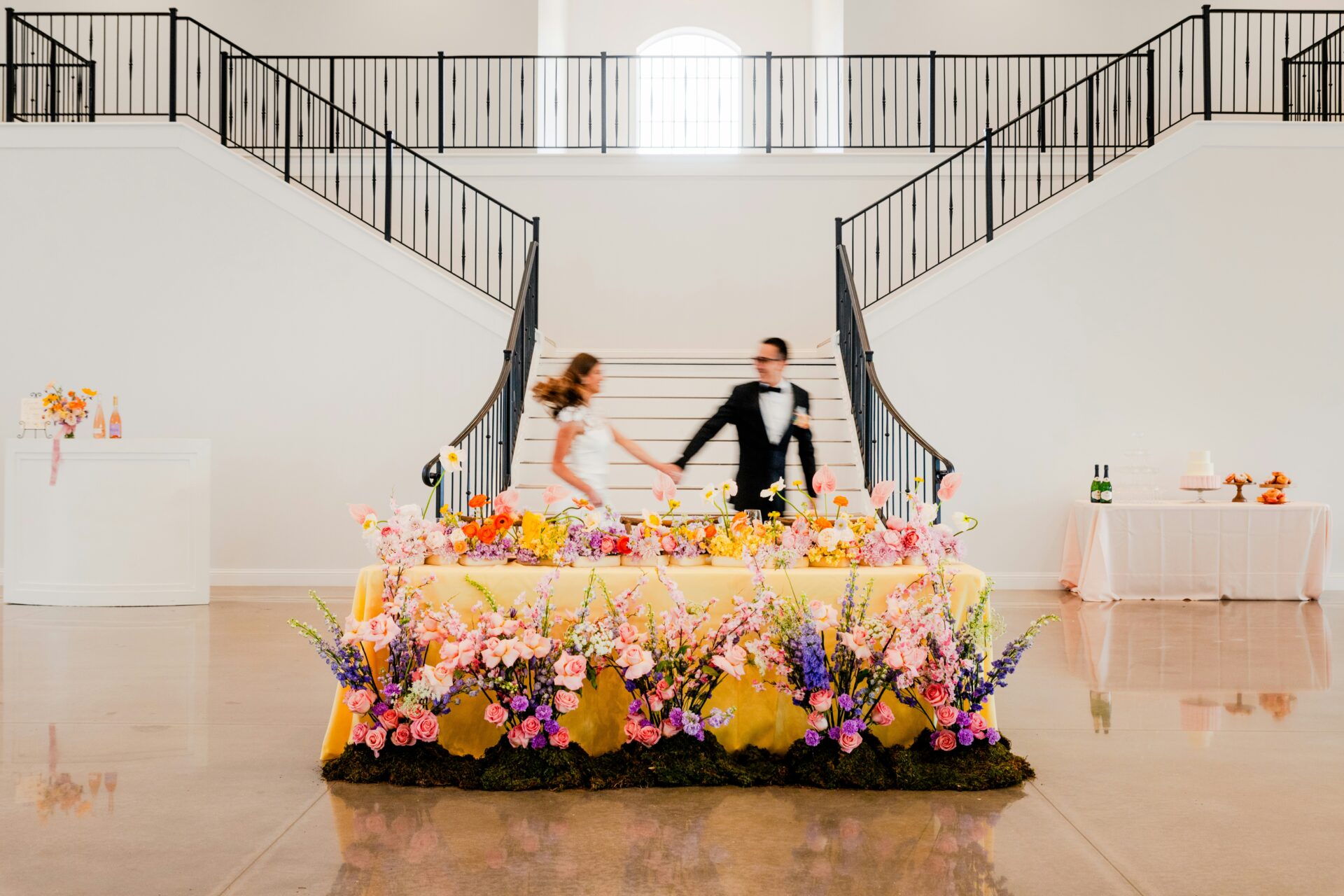You’ve said the “I do’s,” cut the cake, and danced the night away with family and friends. Now it’s back to real life – the questions, habits, and stressors are starting to reappear. Please know: you are not alone. Post-wedding transitions can be challenging, even for the strongest of couples. With intentional communication and shared effort, this new season of life can strengthen your bond more than ever.
We said our vows and now we’re married. Where’s the honeymoon phase?
While many couples expect some adjustment after the wedding, few are fully prepared for how disorienting the transition into married life can really feel. This is very common and happens all the time, it’s a normal part of life transitions and something that you should not be ashamed of.
The months (or even years) leading up to the big day are filled with planning, celebration, excitement, and anticipation. Often, people see the wedding ceremony as the finish line, where everything should magically fall into place. The truth is, a wedding can be just the beginning. There’s often far less focus on what happens after the “I do’s.” Learning to navigate daily routines, responsibilities, intimacy, and emotional growth together rarely gets the same level of attention or preparation, yet these are the cornerstones of a long-term relationship. It’s no wonder many individuals and couples find themselves asking: “Why doesn’t it feel as magical as we expected? We said our vows and we did the wedding. Why aren’t we better than ever? Is something wrong with us?” No, there is nothing wrong with you, you are doing your best and that’s enough. Marriage isn’t a destination; it’s an ongoing journey filled with transitions. Like any other significant life change, starting a new job, moving to a new place, or becoming a parent, marriage requires an adjustment period. And even if you’ve been together for years before getting married, a shift often happens after the wedding. It may not be tangible, but it’s real.
Marriage comes with new expectations– yours, your partner’s, and sometimes those of friends, family, and society. It takes time, grace, and communication to grow into this new phase. You’re evolving together in real time. A relationship’s real work and beauty begins after the wedding, and navigating this transition with intention sets the foundation for long-term connection.

Three Common Post-Wedding Pressures and How to Navigate Them:
After the wedding, many couples face subtle, but real pressures that can feel both confusing and at times, discouraging. Challenges can be a sign of growth, not failure, instead they often mean you’re transitioning towards something deeper and stronger, together. Here are three everyday pressures newlyweds experience and how to move through them with grace:
1. The Pressure to Feel Married Immediately
“Shouldn’t this feel different by now?”
You’ve gone through a significant milestone, yet daily life might not feel all that different. Or on the flip side, everything suddenly feels unfamiliar. Believe it or not, both reactions are entirely normal.
Adjusting to the emotional and practical realities of being married takes time. For some couples, the post-wedding phase feels like a continuation of what they’ve already built, particularly if two people have already started living together prior to having their wedding. For others, there’s a more noticeable shift– more expectations, new routines, or subtle emotional weight tied to being someone’s wife, someone’s husband, or a new kind of partner.
What to do:
Instead of chasing a specific feeling of what “being married” is supposed to feel like, focus on small, intentional ways to co-create your version of marriage. How do you envision marriage? Do you imagine marriage to be similar or different from what you witnessed growing up? What does it mean to be married? Have regular check-ins, revisit shared goals or life ambitions, and allow yourselves time to grow into this new identity together.

2. The Myth That Love Should Always Feel Easy
“If we really love each other, why are we arguing more now?”
There’s a popular belief that if a relationship is “meant to be,” it should be effortless. However, true, daily closeness brings to light differences in habits, communication styles, emotional needs, and even conflict resolution strategies. A rise in tension or conflict after the wedding is extremely common. You’re adjusting to shared responsibilities and expectations and navigating the reality of building a life together, not just celebrating one.
What to do:
Reframe conflict as a natural part of learning. Disagreements don’t mean you’re incompatible, you’re discovering how to build a life that honors your needs. Couples who engage in open, respectful communication, especially early on, build stronger foundations over time. This means vocalizing your feelings, what might be bothering you, and when expectations aren’t being met. Sometimes, this requires a bigger conversation towards where these arguments stem from, where the misalignment is, and whether there are patterns either partner is noticing within themselves. Need a relationship tune-up? If you and your partner need extra guidance on building up new skills or honing in existing ones, we are here to help!

3. Letting Go of the “We Should Know This” Idea
“We’re married now. Shouldn’t we know what we’re doing?”
Marriage doesn’t come with a roadmap. No matter how long you were together before tying the knot, this phase brings new roles, new dynamics, and new internal pressures to be perfect partners. Add to that, the external expectations from family, friends, or social media to be a certain way – sometimes, your parents or friends will talk about their own marriages and listening to these comparisons can feel overwhelming. It’s easy to feel like you’re falling behind.
What to do:
Permit yourselves not to have all the answers. This chapter is about growing and learning alongside the person we met at the end of the aisle. Seek support when needed – support can look like couples therapy, mentorship from other couples you look up to, honest (and sometimes, lighter) conversations with married friends, and/or simply creating space for each other to learn. Choosing to get support is a sign of strength and commitment towards your relationship, not failure.
Love after the aisle is more intentional.
No matter the fairy tales that we’ve seen in movies, marriage is another chapter in life and the transition into this stage may feel unexpected, but that doesn’t mean it’s not right. Give yourself time to learn, pause to strengthen your connection, and ask questions. Building something newer isn’t always perfect or pretty, what matters is the dedication and work you put towards reaching your vision of your relationship. So, lean in, be curious, and know you are not alone in feeling these emotions. Love after the aisle is more intentional and you are right where you need to be!

We’d Love to Hear from You:
What has surprised you most about married life so far? Maybe it was something that made you stop in your tracks and think, “Why did no one warn me about this?” Whether it’s funny, frustrating, or unexpectedly beautiful, we invite you to reach out to us! AisleTalk is a team of incredible, empathetic therapists. We recognize all of the challenges that come with post-wedding life. The AisleTalk Team can work with you to figure out your needs and support you to your wedding and after.

